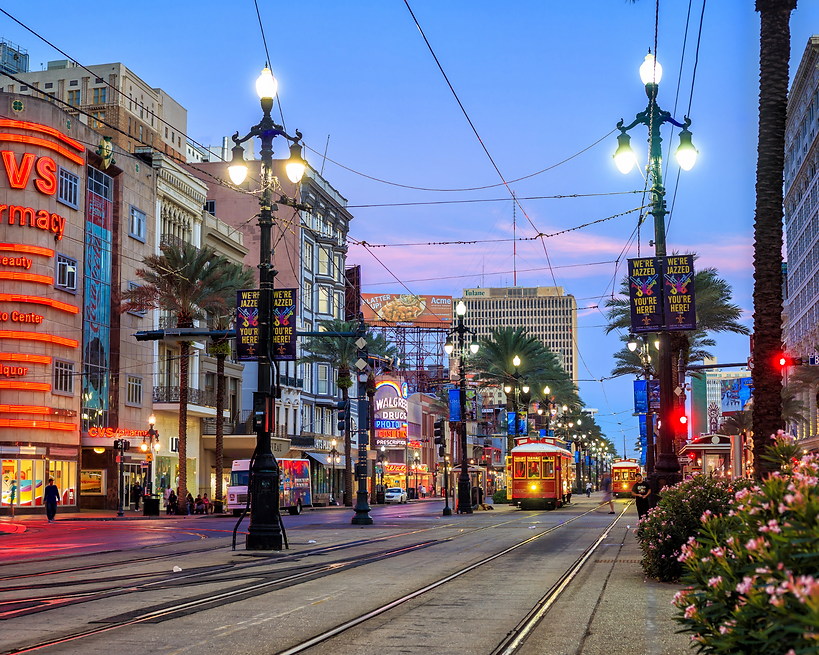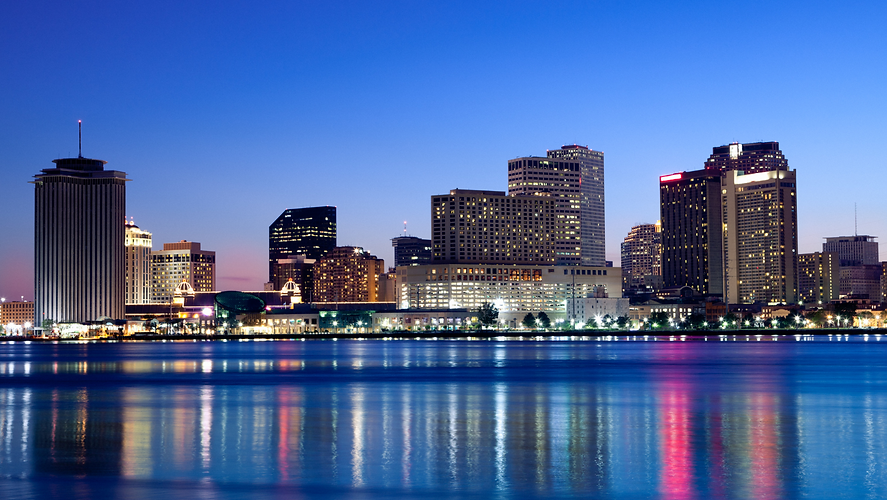top of page

EL TIEMPO
NEW ORLEANS
El Tiempo New Orleans, creado por JC Media, es tu fuente mensual principal para las últimas noticias y los destacados deportivos en la vibrante ciudad de Nueva Orleans. Desde noticias de última hora hasta una cobertura detallada de eventos locales, cultura y deportes, te ofrecemos una visión completa de lo que está sucediendo en esta dinámica comunidad. Mantente informado y comprometido con El Tiempo mientras te traemos las principales historias y los desarrollos emocionantes que dan forma al pulso de Nueva Orleans.
Edición Semanal | Noticias Locales | Noticias Internacionales | Deportes | Entretenimiento | Redes Sociales | Salud | Cultura | Información Legal
Desde la Yarda 42
Noticias Internacionales

Deportes y Aptitud física

Entretenimiento y Eventos
ANUNCIOS SEMANALES





bottom of page






.jpg)











.jpg)
.jpg)





